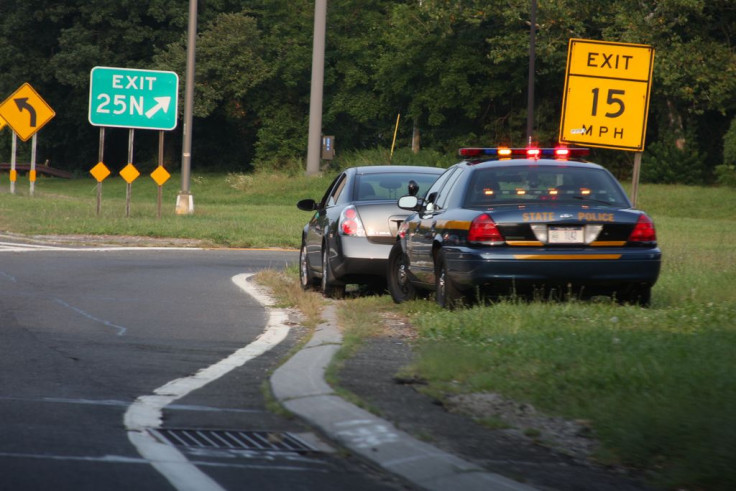Mobile Breathalyzer Apps, Breathometer And BACtrack, Allow Users To Test Blood Alcohol Level And Share On Social Media

In a rite of passage for some, more than a million Americans are arrested for drunk driving every year.
The Federal Bureau of Investigation says that 1.2 million motorists were arrested in the United States in 2011 for offenses ranging from misdemeanor “buzzed driving” to vehicular homicide, presenting public health officials with a seemingly intransigent problem on the nation’s roadways.
Now, at least two developers are hoping to popularize mobile phone apps for measuring a user’s blood alcohol content, or BAC. Based in Burlingame, Calif., Breathometer offers a mobile app for iPhones and Android smartphones that displays a user’s BAC within seconds with a connected breathalyzer.
"People think, 'Oh, I'm driving around the corner,' but it's not until they get pulled over that they realize they're over the limit," Charles Michael Yim, the company’s chief executive, told Reuters. Yim says the device may help to prevent drunk driving by allowing motorists to ascertain their BAC — given that alcohol itself impairs judgment about one’s level of intoxication.
Breathometer’s version of the mobile breathalyzer connects via the mobile phone’s headphone jack, whereas a competitor called BACtrack connects to the iPhone via Bluetooth. Although handheld breathalyzers are not generally considered accurate enough to serve as court-admissible evidence, the devices meet standards set by the U.S. Food and Drug Administration with its capacity to detect BAC with accuracy of 0.01 percent, the salesmen claim.
Available on the market since the 1950s, breathalyzers were approved for personal use by U.S. regulators in 2001, when BACtrack, based in San Francisco, sold its first mouthpiece device for $150. The mobile phone connectivity is the next logical step, according to Yim — offering the ability to share one’s BAC via Facebook or Twitter.
"We are catering to a completely different audience that wouldn't have considered buying one before," Yim said.
The device is about the size of a car key.
Published by Medicaldaily.com



























